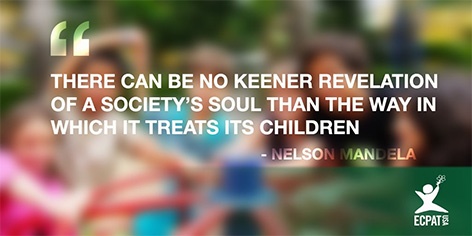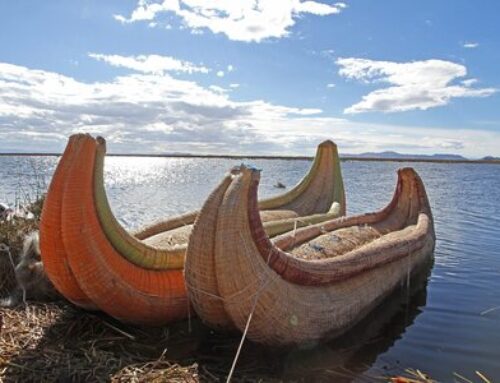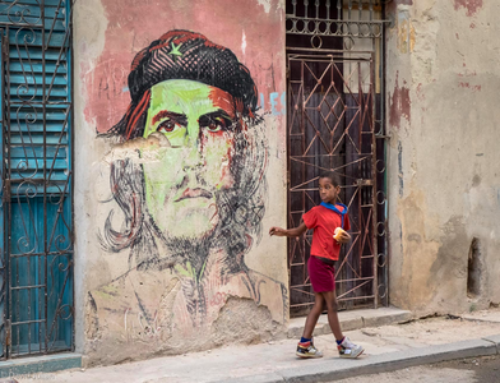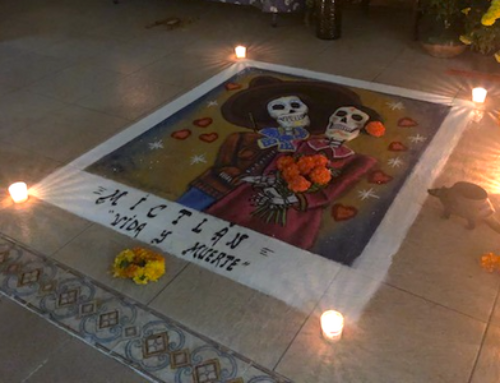Every year on December 10, Human Rights Day is observed around the world. It commemorates the day (December 10, 1948) the United Nations General Assembly adopted the Universal Declaration of Human Rights– the most translated document in the world, in which it was proclaimed “a common standard of achievements for all peoples and all nations.”
The Declaration sets out fundamental human rights to be universally protected.
Wouldn’t it be something if there was no longer any need for such a document or day? But of course, that’s not the world we live in.
As the UN explains, this year’s Human Rights Day is devoted to the launch of a year-long campaign for the 50th anniversary of the two International Covenants on Human Rights: the International Covenant on Economic, Social and Cultural Rights and the International Covenant on Civil and Political Rights, which were adopted by the United Nations General Assembly on December 16, 1966.
Both Covenants, along with the Universal Declaration of Human Rights, form the International Bill of Human Rights, setting out the civil, political, cultural, economic, and social rights that are the birth right of all human beings.
From the official Human Rights Day page:
“Our Rights. Our Freedoms. Always.” aims to promote and raise awareness of the two Covenants on their 50th anniversary. The year-long campaign revolves around the theme of rights and freedoms — freedom of speech, freedom of worship, freedom from want, and freedom from fear.
Freedom from fear may be a right afforded to all individuals by certain UN declarations, but it’s not necessarily reality for some.
Child Trafficking in the U.S.
In July we shared the sad truth that thousands of children in the U.S. are commercially sexually exploited each year, some as young as 12 years old. We told you how Altruvistas’ travel partner ECPAT-USA, the leading anti-trafficking policy organization in the United States, was hard at work trying to help put an end to the sex trafficking of children.
Now just in time for Human Rights Day, ECPAT-USA has released the first-of-its-kind report called Steps to Safety designed to protect the thousands of children who become victims of sex trafficking each year in the United States.
Addressing the disconnect between national and state laws, ECPAT-USA developed this comprehensive report to arm states with the steps needed to develop their own Safe Harbor law to move sex trafficking victims out of jails and into care. There are some protections in place already, but not enough, because there are potentially dangerous cracks in the system.
As Carol Smolenski, Executive Director of ECPAT-USA, points out, “The Trafficking Victims Protection Act of 2000 was a great start, yet unfortunately doesn’t protect many victims, as the majority of cases are handled at the state level.” She explains, “Child sex trafficking victims are falling through the cracks in every state and are often ending up in jail, and this report is an important step in turning this around.”
Steps to Safety provides a detailed checklist and recommendations for states to enact or improve its Safe Harbor law, such as classifying victims as abused children and therefore immune from prosecution.
ECPAT-USA says approximately 1,000 children under the age of 18 were arrested in 2011 for prostitution, according to the Department of Justice. The hope is that this report will help ensure each state has a detailed and comprehensive law in place, and ECPAT-USA plans to lend its support to each state to help make this a reality.
Holly Austin Smith, the author of Walking Prey: How America’s Youth are Vulnerable to Sex Slavery believes ECPAT-USA’s report on Safe Harbor laws will help states increase protections for children who have been commercially sexually exploited. “If these laws had been in place when I had been trafficked as a young teen, I might have had an easier time overcoming such victimization,” she says.
Congressman Erik Paulsen is all for it, too: “Steps to Safety will be a useful tool for advocates and legislators to use as they seek the best methods to protect victims from this heinous crime.”
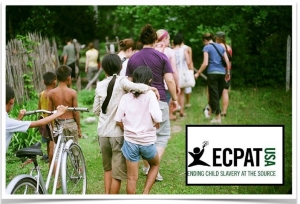 TAKE ACTION!
TAKE ACTION!
To learn more and view the Steps to Safety report, please visit: www.ecpatusa.org/safeharbor.
Travel to Mexico or Thailand to Learn How the Travel and Tourism Industry is Combating Human Trafficking: Altruvistas is once again teaming up with ECPAT-USA to lead two transformative journeys in 2016—one to Mexico (May 20-24 2016) and another to Thailand (Nov. 5-15 2016)– where travelers will experience first-hand how the travel and tourism industry is combating human trafficking and the exploitation of children through the implementation of The Tourism Child-Protection Code of Conduct, or The Code, for short.
To get a sense of these trips, you can read about the 2015 Thailand trip here and Mexico here. If you’re interested in finding out more about either upcoming journey, please email malia@altruvistas.com.

